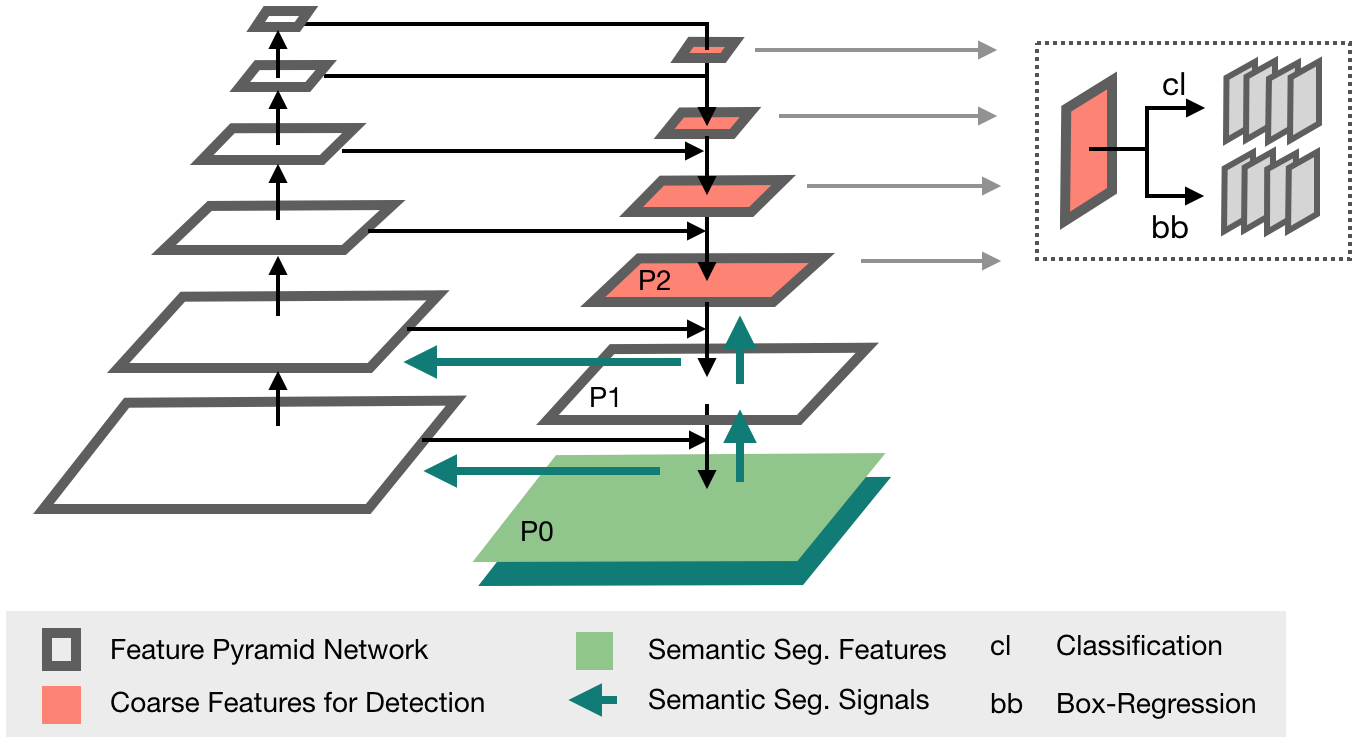CausalNLP
CausalNLP is a practical toolkit for causal inference with text as treatment, outcome, or "controlled-for" variable.
Install
pip install -U pippip install causalnlp
Usage
Example: What is the causal impact of a positive review on a product click?
import pandas as pd
df = pd.read_csv('sample_data/music_seed50.tsv', sep='\t', error_bad_lines=False)
The file music_seed50.tsv is a semi-simulated dataset from here. Columns of relevance include:
Y_sim: outcome, where 1 means product was clicked and 0 means not.text: raw text of reviewrating: rating associated with review (1 through 5)T_true: 1 means rating less than 3, 0 means rating of 5, whereT_trueaffects the outcomeY_sim.T_ac: an approximation of true review sentiment (T_true) created with Autocoder from raw review textC_true:confounding categorical variable (1=audio CD, 0=other)
We'll pretend the true sentiment (i.e., review rating and T_true) is hidden and only use T_ac as the treatment variable.
Using the text_col parameter, we include the raw review text as another "controlled-for" variable.
from causalnlp.causalinference import CausalInferenceModel
from lightgbm import LGBMClassifier
cm = CausalInferenceModel(df,
metalearner_type='t-learner', learner=LGBMClassifier(num_leaves=500),
treatment_col='T_ac', outcome_col='Y_sim', text_col='text',
include_cols=['C_true'])
cm.fit()
outcome column (categorical): Y_sim
treatment column: T_ac
numerical/categorical covariates: ['C_true']
text covariate: text
preprocess time: 1.1179866790771484 sec
start fitting causal inference model
time to fit causal inference model: 10.361494302749634 sec
Estimating Treatment Effects
CausalNLP supports estimation of heterogeneous treatment effects (i.e., how causal impacts vary across observations, which could be documents, emails, posts, individuals, or organizations).
We will first calculate the overall average treatment effect (or ATE), which shows that a positive review increases the probability of a click by 13 percentage points in this dataset.
Average Treatment Effect (or ATE):
print( cm.estimate_ate() )
{'ate': 0.1309311542209525}
Conditional Average Treatment Effect (or CATE): reviews that mention the word "toddler":
print( cm.estimate_ate(df['text'].str.contains('toddler')) )
{'ate': 0.15559234254638685}
Individualized Treatment Effects (or ITE):
test_df = pd.DataFrame({'T_ac' : [1], 'C_true' : [1],
'text' : ['I never bought this album, but I love his music and will soon!']})
effect = cm.predict(test_df)
print(effect)
[[0.80538201]]
Model Interpretability:
print( cm.interpret(plot=False)[1][:10] )
v_music 0.079042
v_cd 0.066838
v_album 0.055168
v_like 0.040784
v_love 0.040635
C_true 0.039949
v_just 0.035671
v_song 0.035362
v_great 0.029918
v_heard 0.028373
dtype: float64
Features with the v_ prefix are word features. C_true is the categorical variable indicating whether or not the product is a CD.
Text is Optional in CausalNLP
Despite the "NLP" in CausalNLP, the library can be used for causal inference on data without text (e.g., only numerical and categorical variables). See the examples for more info.
Documentation
API documentation and additional usage examples are available at: https://amaiya.github.io/causalnlp/
How to Cite
Please cite the following paper when using CausalNLP in your work:
@article{maiya2021causalnlp,
title={CausalNLP: A Practical Toolkit for Causal Inference with Text},
author={Arun S. Maiya},
year={2021},
eprint={2106.08043},
archivePrefix={arXiv},
primaryClass={cs.CL},
journal={arXiv preprint arXiv:2106.08043},
}



